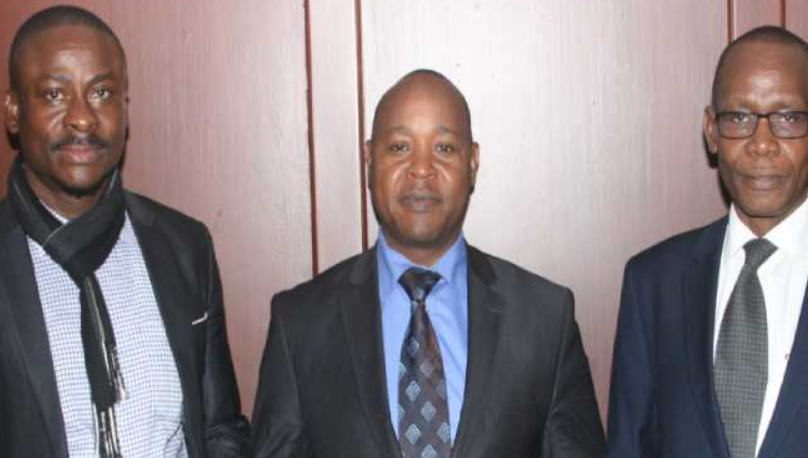×
The Standard e-Paper
Stay Informed, Even Offline

NAIROBI, KENYA: Pressure is pilling on Tanzania and Burundi to ratify tax harmonisation agreement signed eight years ago to boost trade among East African Community partner states.
East African Business Council noted that slow pace in ratifying the document makes it difficult for Kenya, Uganda, and Rwanda to implement the agreement which would make it attractive for businesses to expand operations in East Africa.